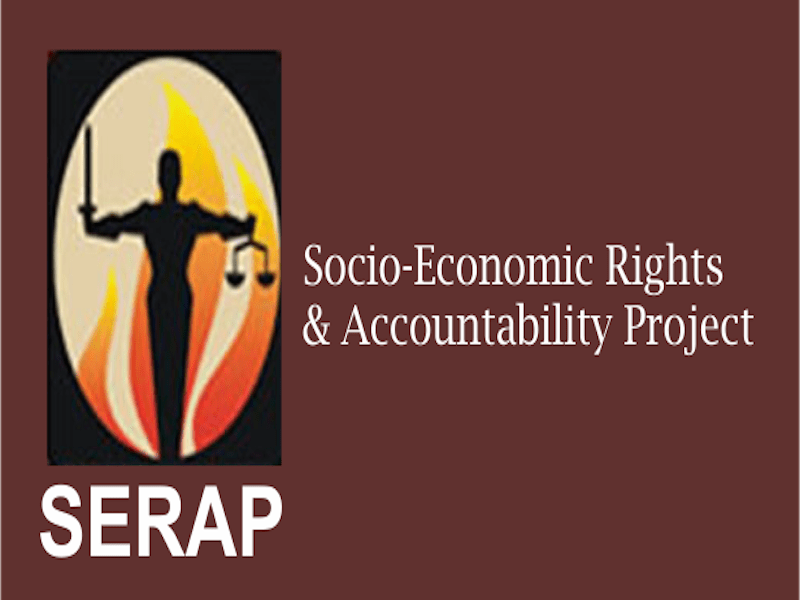The Socio-Economic Rights and Accountability Project (SERAP) has formally called on President Bola Tinubu to disclose the selection process for the next chairman of the Independent National Electoral Commission (INEC), stressing that the process should be open, impartial, and free from partisan influence.
In a letter dated September 27, 2025, and signed by SERAP Deputy Director Kolawole Oluwadare, the organisation urged the president to “disclose the number and names of candidates for INEC chairman and whether the Council of State has been consulted or would be consulted in making the appointment, as constitutionally required.”
SERAP noted that Professor Mahmood Yakubu’s tenure as INEC chairman will end in November 2025, after completing two five-year terms.
“The selection and appointment process for Mr Yakubu’s replacement cannot and should not be ‘a closed shop,’” the group stated. “A transparent and accountable process would serve legitimate public interests. There is a strong correlation between transparency in the selection and appointment process of INEC chairman and the ability of the commission to perform its constitutional and statutory duties in an independent and impartial manner.”
SERAP further warned that appointing a partisan individual could undermine the independence of the electoral body and compromise Nigeria’s democratic processes.
“Anyone to be appointed as INEC chairman must clearly be non-partisan, independent, impartial and neutral. INEC chairman and other officials ought to be able to discharge their legal duties and implement the Electoral Act without fear or favour,” the letter read.
The organisation also called on the president to reconsider the appointment of at least three alleged All Progressives Congress (APC) members as Resident Electoral Commissioners, urging the nomination of non-partisan replacements.
SERAP emphasised that public confidence in elections hinges on the perceived independence of INEC, adding that transparency is mandated under the Nigerian Constitution, the Freedom of Information Act, and international human rights and anti-corruption obligations.
“If we have not heard from you within seven days of the receipt and/or publication of this letter, SERAP shall consider appropriate legal actions to compel your government to comply in the public interest,” Oluwadare added.

